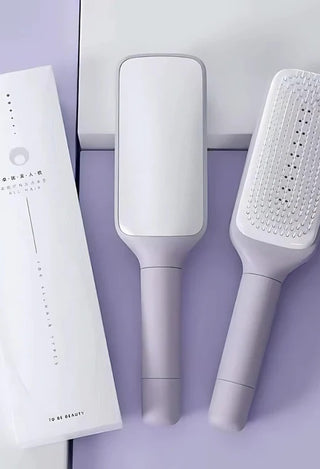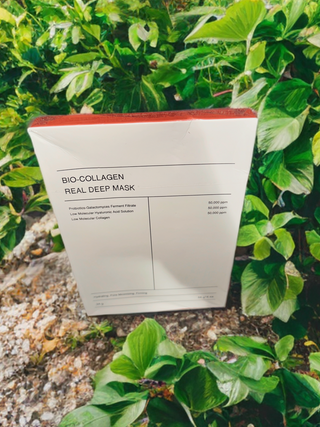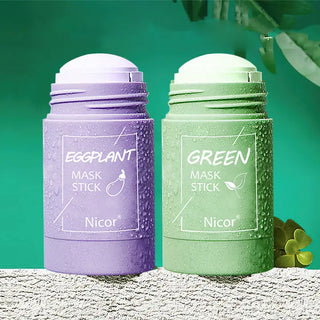Choosing the right sunscreen can significantly impact the health of sensitive skin. Lightweight sunscreens have gained popularity due to their non-irritating, breathable formulas that provide essential UV protection while keeping the skin comfortable. Whether you're enjoying a day at the beach or simply running errands, lightweight sunscreens can help you maintain a healthy glow without the heaviness of traditional formulas. Let's explore why lightweight sunscreens are ideal for sensitive skin types.
The Benefits of Lightweight Sunscreens
Gentle on Sensitive Skin
For those with sensitive skin, using a heavy sunscreen can lead to redness, irritation, or even breakouts. Lightweight sunscreens are formulated to be non-comedogenic, which means they won’t clog pores. This is particularly important for individuals with acne-prone skin, as heavy products can exacerbate existing conditions. Choosing a lightweight formula ensures that your skin receives adequate protection while remaining calm and soothed.
Hydration and Moisturization
Many lightweight sunscreens contain hydrating ingredients like hyaluronic acid and glycerin, which work to retain moisture in the skin. This is crucial for maintaining the skin's barrier function, especially for those with dehydrated or sensitive skin. Products such as the Hyalu-Cica Water-Fit Sun Serum SPF 50+ PA++++ combine sun protection with moisturizing properties, providing an all-in-one solution for sensitive skin care.
Understanding SPF and Broad-Spectrum Protection
The Importance of SPF
When selecting a sunscreen, the Sun Protection Factor (SPF) is a critical consideration. Lightweight sunscreens often provide a high SPF, helping protect against both UVA and UVB rays. An SPF rating of at least 30 is recommended for daily wear, as it blocks approximately 97% of UVB rays. Lightweight products ensure that you can layer them under makeup or other skincare without feeling overwhelmed.
Broad-Spectrum Protection
Broad-spectrum sunscreens shield the skin from both UVA and UVB radiation, significantly reducing the risk of skin damage. UVA rays are primarily responsible for premature aging, while UVB rays can cause sunburn. By using a broad-spectrum lightweight sunscreen, you create a barrier against both types of harmful rays, making it a prudent choice for anyone concerned about skin health.
Choosing the Right Ingredients
Mineral vs. Chemical Sunscreens
Many lightweight sunscreens are mineral-based, utilizing ingredients such as zinc oxide or titanium dioxide. These components are less irritating than their chemical counterparts, making them a superior option for sensitive skin. Mineral sunscreens reflect UV rays rather than absorbing them, offering immediate protection upon application. In contrast, chemical sunscreens may contain ingredients that can cause irritation, particularly for sensitive skin types.
Importance of Non-Irritating Formulas
- Look for products that are fragrance-free and paraben-free to minimize irritation.
- Choose lightweight formulas enriched with soothing ingredients like aloe vera or chamomile.
- Opt for non-comedogenic options that won't clog pores and lead to breakouts.
By focusing on non-irritating ingredients, you can keep your skin nourished while ensuring it remains protected from the sun's harmful rays.
Practical Application Tips
How to Apply Lightweight Sunscreens
When applying lightweight sunscreens, less is often more. Use a generous amount to cover all exposed areas of skin, including the face, neck, and any other parts that will be exposed to direct sunlight. For optimal results, apply sunscreen at least fifteen minutes before heading outside and reapply at least every two hours or after swimming or sweating.
Layering with Other Skincare Products
Lightweight sunscreens can be easily incorporated into your daily skincare routine. They can be layered with serums or moisturizers without feeling heavy. Consider using a lightweight serum containing antioxidants before applying your sunscreen to enhance its protective benefits. Also, choosing a sunscreen that doubles as a moisturizer can streamline your routine and increase hydration.
Conclusion: Embracing Lightweight Sunscreens
In summary, lightweight sunscreens are an excellent choice for sensitive skin types due to their gentle, breathable formulas that provide effective sun protection without causing irritation. By opting for lightweight options enriched with hydrating, non-irritating ingredients, you can achieve and maintain healthy, radiant skin. Always look for broad-spectrum protection and high SPF ratings while considering your skin's unique needs. Incorporating sunscreens like Hyalu-Cica Water-Fit Sun Serum SPF 50+ PA++++ into your daily routine can safeguard your skin from UVA and UVB damage while keeping it hydrated.
Frequently Asked Questions (FAQ)
1. What is the best lightweight sunscreen for sensitive skin?
The best lightweight sunscreen for sensitive skin typically contains mineral ingredients like zinc oxide or titanium dioxide, offering gentle yet effective sun protection while being less likely to cause irritation.
2. Can I wear makeup over lightweight sunscreen?
Absolutely! Lightweight sunscreens are designed to be layered under makeup without feeling heavy or greasy. They can provide a smooth base for foundation or powder.
3. How often should I reapply lightweight sunscreen?
Reapply every two hours or immediately after swimming or sweating for optimal protection, regardless of whether your sunscreen is lightweight.












